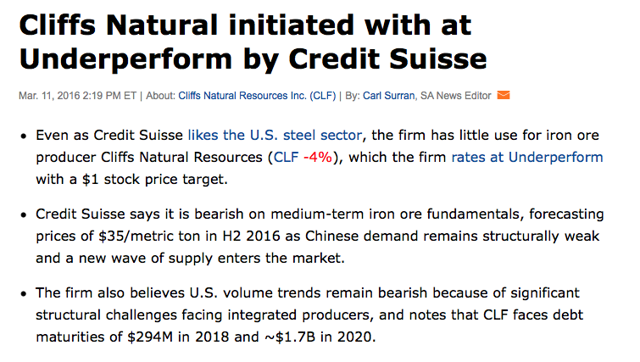

Gambler’s fallacy is an incorrect presumption that say:. Practice sound investing principles before parting your money.Ī win expected after a succession of losses (or vice versa) Seek the view of the detractor, someone who disagreed with further buying of the above share. Unless you look for short-term gain, long-term investing is the way.Īll debatable issue has it followers and the detractors. Instead of placing an investment decision on recent events, analyse the trends and patterns of the share price movements. Have you wondered why do sellers of successful mutual funds always add a common disclaimer of “past performance is not indicative of future results”?

The next day, Bang!… the market collapses (an extreme assumption) or the share price suddenly make a sharp downturn. All the time-tested sound investment principles forgotten in the midst of the excitement.

Thus, you invest more money than you can afford. In your mind, you are thinking if you don’t buy, you will lose out (herd mentality). Prices rising for 15 days in a row and the market talk says it will continue to increase for the next 10 days. the current price upward trending of the share.įor investing, being foolhardy is dangerous when the market is bullish.įollowing up on the example above, imagine when emotions are running high. The investor only consider one factor for buying the share i.e. Based on this profitability streak alone, an excited investor pumped in more money to invest than he could afford, betting it will continue to rise regardless of other economic indicators. This is the false belief that recent winning streak will continue to the future without regards to other available data.įor example, a particular share has made profits every day for the past 15 days. Allow yourself to fail sometimes but learn from the failure and plan for a way out. This gives you a clear view of whether it’s a worthwhile action.Įveryone experienced failures during their lifetime. List out the pros and cons of the next action.The concept of anticipation reduces the agony of losing. Determine your limit for loss and gains before selling or buying further.Practice awareness and logical thinking to make rational decisions.We continue to make a poor decision seeking to “fix” the situation to recover the earlier loss. Human feels more suffering from losses than joy from winning. When we lose, the feeling is awful! But when we win, our reaction is nonchalant as we had expected a return from our investment (money, time, or resources). And embarrassingly enough, your constant coughing distracts the other attendees of the convention, giving yourself a black name. You can’t concentrate during the convention. Not seeking medical help but instead attending the convention, it worsens your health condition (incurring a further loss). The RM1,000 paid is non-refundable, gone, kaput, regardless of your attendance. It can make you act foolishly and incur a further loss. Instead of seeking medical help, you attended the convention because you don’t wish to squander the RM1,000 paid. The night before the event, you became ill (cold, cough & fever) and have trouble stepping off the bed. Sunk cost is a past cost (including time wasted or non-cash resources) paid, irrecoverable regardless of any subsequent actions.įor example, you paid RM1,000 for a business convention. Actions that create further loss in an attempt to recover losses from an earlier decision


 0 kommentar(er)
0 kommentar(er)
